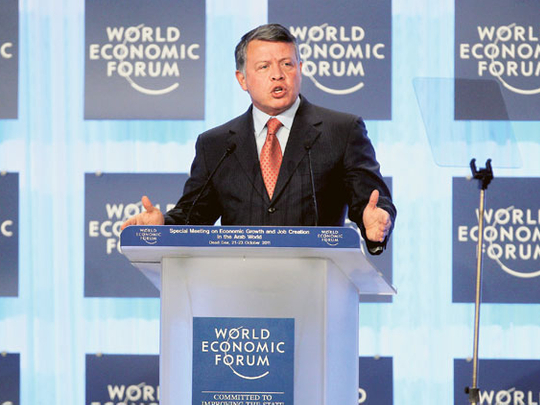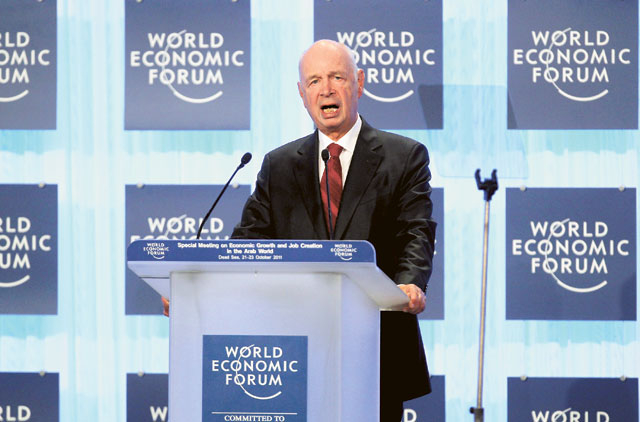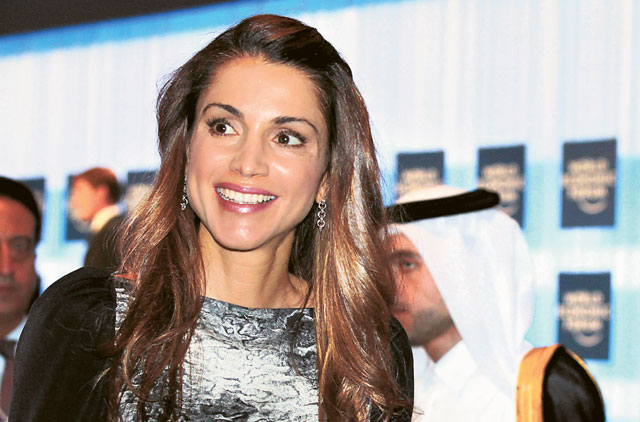
Dead Sea: King Abdullah II yesterday urged the World Economic Forum meeting in Amman to create new strategies for the Arab region, insisting political change is needed for economic reforms.
"Your meetings here focus on an area of urgent need, economic growth and jobs," the king told economic experts and world leaders meeting by the Dead Sea as he opened the two-day forum.
"It is hard to find a more central concern for our people — especially our young people, the majority of our population," he said.
Transparency
"Let's be clear. Political reform is economic reform. For businesses to invest and expand with confidence, they need a predictable, level playing-field ... transparency and accountability ... the rule of law ... and a strong, stable foundation of inclusive political life."
King Abdullah said the sweeping developments in the Middle East this year "have opened the way to positive change, but in many places, also created painful economic dislocations."
"Strategies are urgently needed, and they must take place across the board — in economic life; in politics and policies; in social life and cultural values," he said.
The king said the Arab regions "stands today at the gates to the future."
"The four gates of the Arab future are not alternatives. We must pass through them all: Dignity, opportunity, democracy, and peace and justice are ultimately inseparable. To cement progress anywhere, we will need progress everywhere," he said.
The king opened the session with a minute's silence for Saudi Crown Prince Sultan Bin Abdul Aziz, whose death in the United States was announced yesterday, hailing him as "a champion of the Arab and Muslim cause."
Aid and loans
The Arab Monetary Fund has said growth rates in Arab countries are expected to slump in the wake of the Arab Spring and wave of pro-democracy uprisings.
G8 nations and institutions including the World Bank, IMF, regional banks and Arab Monetary Fund have pledged nearly $80 billion (Dh293.8 billion) in aid and loans over the next two years for Arab states which have ousted their dictators, doubling the amount promised earlier this year.
More than 1,000 participants from over 50 countries as well as eight heads of states and governments were expected to take part in the event, hosted by Jordan for the sixth time since 2003.
The king last week dismissed the government of prime minister Maaruf Bakhit and replaced him with International Court of Justice judge Awn Khasawneh, instructing him to focus on political reform in Jordan.
Khasawneh is expected to announce his government tomorrow, according to officials.
Since January, Jordan has faced protests demanding political and economic reforms and an end to corruption.














